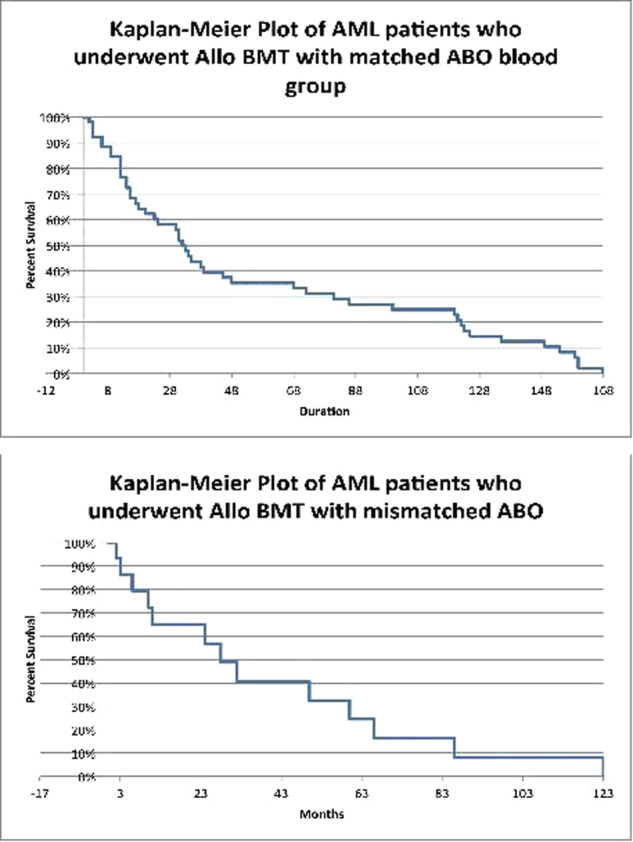
Rifaximin: Exploring Global Pricing Inequities and Access Obstacles
Rifaximin, an antibiotic with minimal absorption, is an essential treatment for various gastrointestinal disorders, including irritable bowel syndrome with diarrhea (IBS-D) and hepatic encephalopathy. Despite its recognized effectiveness, the availability of rifaximin in global markets faces considerable hurdles, largely due to financial barriers. Notably, prices in several Asian nations, such as India, Pakistan, and China, are significantly lower, igniting debates about pharmaceutical pricing approaches and fair access to medications.
A review utilizing publicly accessible pharmacy databases uncovered notable disparities. In the United States, the cost for a single 550 mg rifaximin tablet is roughly $30 to $40, according to GoodRx data. In contrast, the same dosage is substantially cheaper in Asian markets, generally ranging from $0.70 to $1.50 per tablet. This illustrates a shocking price gap of over 95% between wealthier and lower-income nations.
This inequality stems from various factors. In the U.S., the market exclusivity of rifaximin is maintained through several patents included in the FDA’s Orange Book, delaying generic options until at least 2029. Conversely, numerous Asian countries implement regulations on drug pricing and allow for the quicker introduction of generics, which significantly reduces costs.
The clinical implications of these pricing disparities are profound. In areas where rifaximin is costly, high out-of-pocket payments might discourage its appropriate use, adversely affecting patient outcomes for chronic conditions. Consequently, tackling these pricing disparities through strategic policy adjustments that foster competition and improve price transparency is vital for enhancing access to essential medications.
For patients with IBS-D, rifaximin’s targeted, non-systemic approach effectively reduces symptoms such as bloating and irregular bowel habits. Given its crucial function in managing IBS-D, ensuring fair access to rifaximin is critical. In situations where medication expenses could influence healthcare strategies or patient adherence, pricing differences might restrict the drug’s clinical effectiveness. Increasing the availability of rifaximin at lower prices could greatly enhance symptom management, alleviate disease burdens, and enable healthcare professionals to provide the best possible, well-tolerated treatment.
As the global health arena increasingly focuses on value and fairness, addressing drug pricing disparities is crucial. Confronting the cost gap for medications like rifaximin can set a precedent for extensive pharmaceutical policy reforms aimed at boosting affordability and access on a global scale.
Jai Kumar, an internal medicine resident, alongside gastroenterologists Brian Nohomovich and Leonid Shamban, share their insights on this urgent concern.